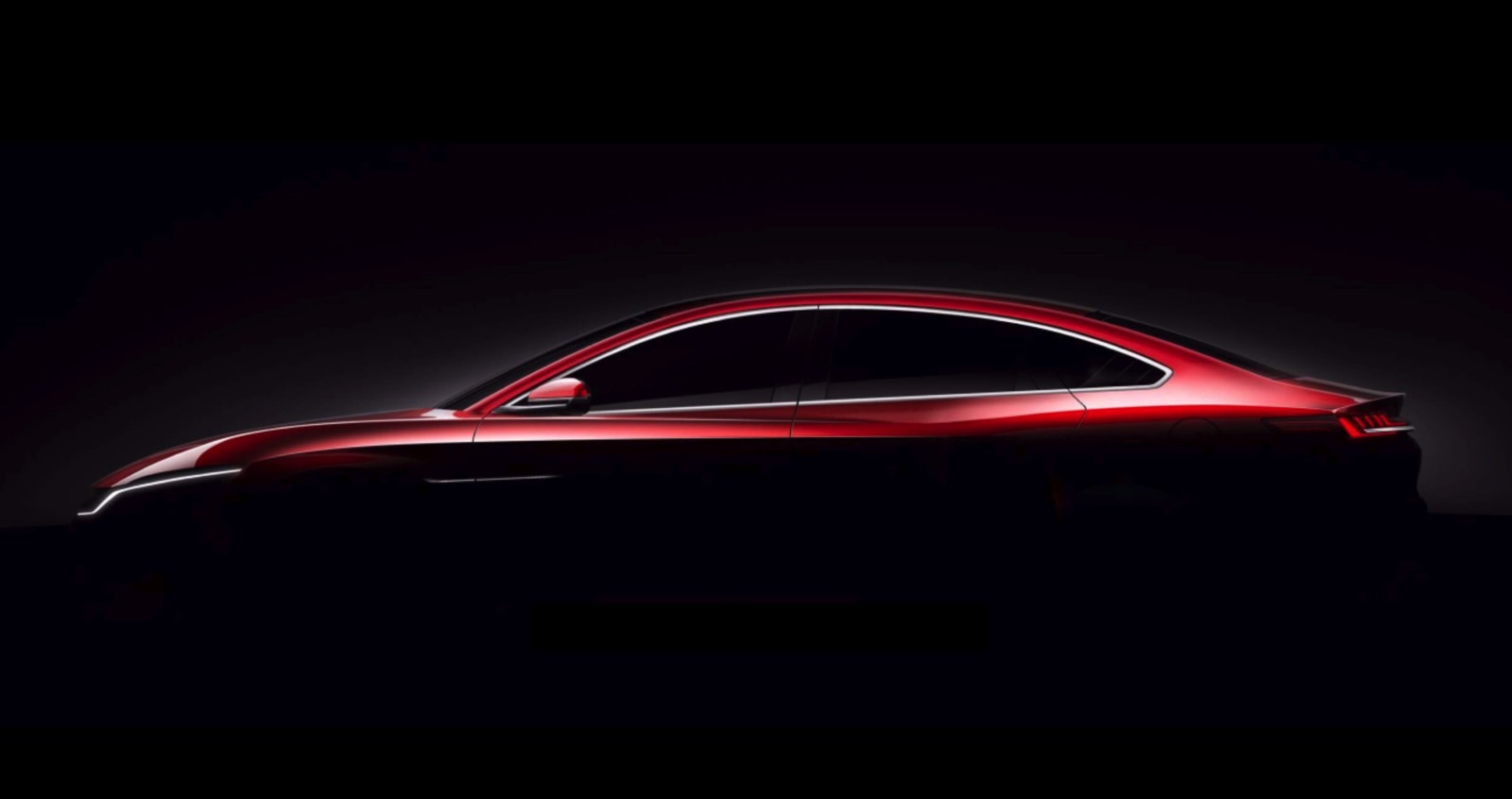If you want to buy an electric vehicle or another device with an electric motor, chances are that motor will contain a magnet made with rare-earth minerals. These are compounds like neodymium and dysprosium that are difficult to find and expensive to mine and refine.
Rare-earth minerals are a potential bottleneck for EV manufacturers and other companies, and it’s not just the costs involved with obtaining them. China controls the lion’s share of the world’s rare earths, with 70% of mining operations and 90% of processing. That can be a problem in a world where economic warfare is the new norm.
There is an alternative to China’s monopoly: New alloys for strong magnets that can be created using other compounds instead of rare earths. That’s the theory, at least. In practice, finding the right recipe for rare-earth-free magnets can be a lengthy and challenging ordeal. It involves a trial-and-error process in which scientists try to combine all sorts of minerals and materials to create magnets. And there’s no guarantee of success.
However, add AI and you might end up with an expedited process that yields results. That’s what researchers from Materials Nexus did. They used AI to find the recipe for a magnet that doesn’t use any rare earths and came up with MagNex.
The process was 200 times faster than traditional research avenues in this field. More impressive is that MagNex, the alloy they discovered, can be processed at 20% of the cost of rare-earth magnets. Even better, manufacturing drops carbon emissions by 70% compared to rare-earth magnets.
The post AI developed a new rare-earth-free magnet 200 times faster than humans appeared first on BGR.
Today’s Top Deals
XGIMI Prime Day deals feature the new MoGo 4 and up to 42% off smart projectors
AI developed a new rare-earth-free magnet 200 times faster than humans originally appeared on BGR.com on Mon, 7 Jul 2025 at 15:50:00 EDT. Please see our terms for use of feeds.
